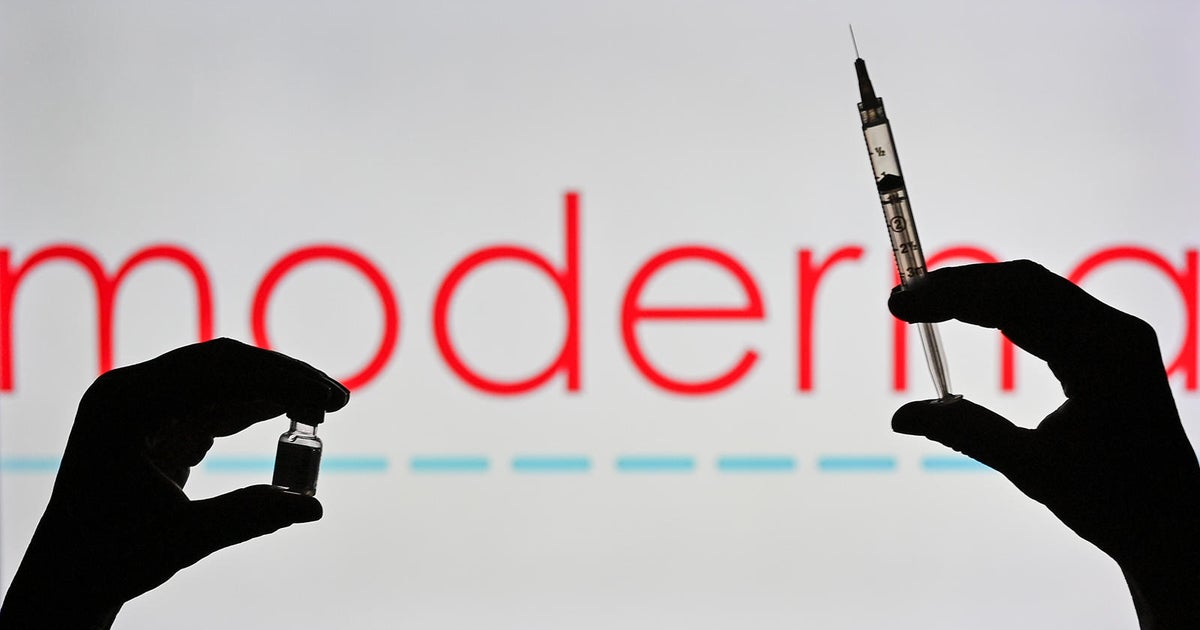E-cigarette sales surge — and so do calls to poison control, health officials say
Sales of e-cigarettes have climbed nearly 50% over the past three years, the Centers for Disease Control and Prevention reported Thursday, rising from 15.5 million in January 2020 to 22.7 million in December 2022.
The figures are from a CDC analysis of data gathered by a market research firm, published in the agency's Morbidity and Mortality Weekly Report.
The sales data comes as a separate new report from the Food and Drug Administration, also published by the CDC, found calls to poison control centers over young children ingesting liquid or inhaling vapor from e-cigarettes have doubled from several years ago.
"The surge in total e-cigarette sales during 2020-2022 was driven by non-tobacco flavored e-cigarette sales, such as menthol, which dominates the prefilled cartridge market, and fruit and candy flavors, which lead the disposable e-cigarette market," Fatma Romeh, lead author of the CDC's market analysis, said in a statement.
Romeh pointed to data published last year from the National Youth Tobacco Survey, which found more than 8 in 10 middle and high school students who reported using e-cigarettes were buying flavored versions like fruit or menthol.
Vuse, JUUL, and NJOY remained among the top five selling e-cigarette brands nationwide through 2022, according to the new CDC report, compared to in 2020. Disposable vape makers Elf Bar and Breeze Smoke have climbed, displacing Puff and My Blu in the top five.
"The dramatic spikes in youth e-cigarette use back in 2017 and 2018, primarily driven by JUUL, showed us how quickly e-cigarette sales and use patterns can change," Deirdre Lawrence Kittner, director of CDC's Office on Smoking and Health, said in a statement.
Sales may have slowed in recent months
Overall monthly sales of e-cigarettes actually began declining in May of 2022, though they remain millions higher than what was seen in early 2020 before the COVID-19 pandemic.
The CDC report's authors chalked the recent decrease up to several factors, including efforts by health authorities to curb sales of flavored nicotine products.
At the federal level, the Food and Drug Administration has touted several moves in recent years attempting to curb sales of unauthorized e-cigarettes. On Thursday, the FDA announced dozens of warning letters as part of a "nationwide retailer inspection blitz" to crack down on illegal sales of brands like Elf Bar.
"All players in the supply chain—including retailers—have a role in keeping illegal e-cigarettes off the shelves," Brian King, director of the FDA's Center for Tobacco Products, said in a statement.
Some state and local governments have also tried to impose restrictions on flavored e-cigarette sales. A CDC analysis published earlier this year credited a statewide ban in Massachusetts for a sharp 94% decrease in sales of flavored vapes there.
But the agency's authors acknowledged other factors were also likely contributing to the slowdown in sales, including a "recent proliferation of large format disposable e-cigarettes" that can yield more or stronger doses from each purchase.
The data, licensed from market research firm Information Resources, Inc., also is limited to sales in traditional brick-and-mortar retailers.
This means some sales may not actually be declining but instead moving elsewhere, like to online orders or to specialty vape shops not captured in that firm's sales data, the authors acknowledged.
Poison control calls doubled
The FDA's report examined data from April 2022 through March 2023 gathered from the National Poison Data System, which is run by poison control centers around the country.
A total of 7,043 reports were fielded due to potential poisonings by e-cigarettes, with nearly 9 in 10 cases concerning children under 5 years old.
Most had either inhaled or ingested vape liquid.
The number of total reports is around double the 2,901 that were reported during 2018, when around two-thirds involved children under 5 years old.
Around 1 in 10 cases had to be treated by a doctor, in the data through 2023, though less than 1% needed to be hospitalized.
"The FDA continues to warn companies that mislead kids with e-liquids that imitate food products (such as juice boxes, candy, or cookies). The FDA also is pursuing other steps to protect youth from the dangers of tobacco products," the agency said in a post published Thursday, urging Americans to take steps to keep nicotine products away from children and pets.



